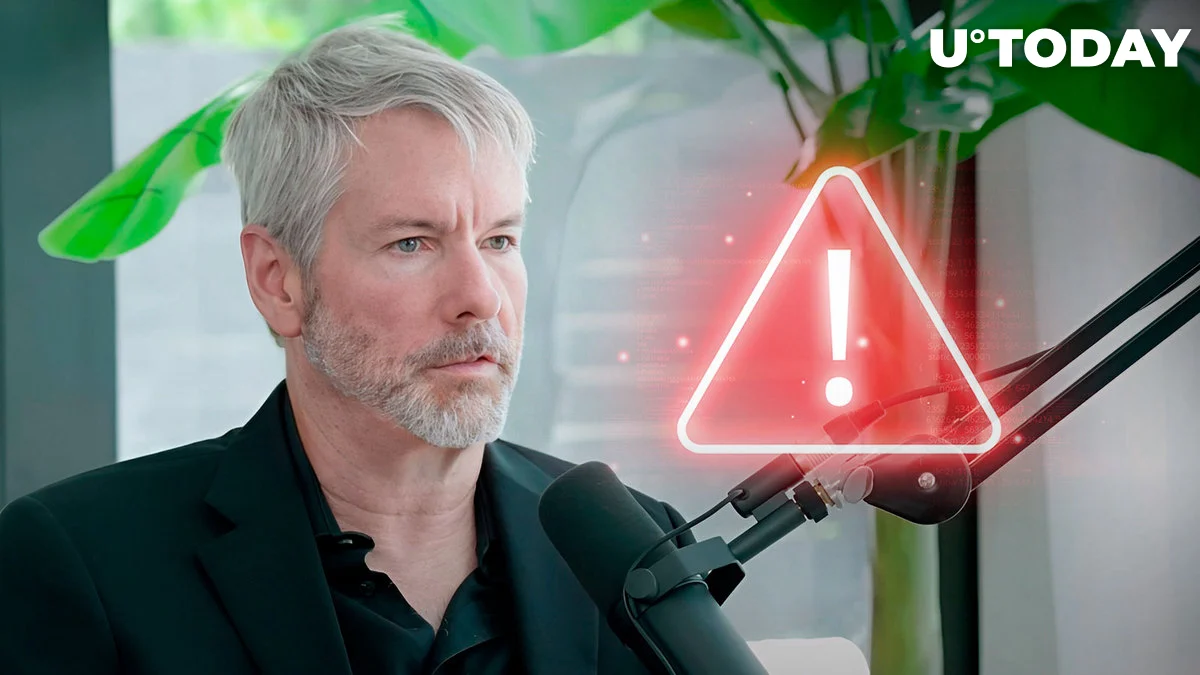
The chairman of MicroStrategy, a renowned provider of business analytics and a major Bitcoin owner, Michael Saylor, has sent out an important alert to the Bitcoin community. He said that his security team has been removing deepfake videos of him endorsing Bitcoin frauds that were created by artificial intelligence (AI).
Saylor disclosed that although his team removes over 80 fraudulent YouTube videos produced by artificial intelligence each day, con artists still produce new ones.
https://x.com/saylor/status/1746298365036343477?s=20
The MicroStrategy chairman turned to X (previously Twitter) to voice his alarm and warn the crypto community about fraudulent podcasts pushing people to scan a barcode and donate Bitcoin to receive double the amount back. These are common techniques used by Bitcoin scammers to trick and steal from gullible people.
Saylor cautions Bitcoin owners in light of this, stating that there is no risk-free method to double your investment, and MicroStrategy does not give out Bitcoin to those who scan barcodes. Additionally, he exhorts them to never believe without first verifying.
Saylor is not the first well-known cryptocurrency figure that AI con artists have targeted. Social media users started to share deepfake videos of Ripple CEO Brad Garlinghouse endorsing fictitious XRP giveaways in November 2023.
A complex and rapidly developing technology, artificial intelligence (AI) produces convincing and realistic digital material, including text, images, audio, and videos. Artificial intelligence may be exploited maliciously, even if it has a lot of useful and good uses.
The cryptocurrency community has to take precautions to protect its assets and be aware of the potential hazards posed by AI. Some of the recommended practices for avoiding AI scams include confirming the source and credibility of any information or offer connected to crypto before taking any action. Additionally, users should never transmit cryptocurrency to unidentified or shady addresses or platforms, especially if they make exaggerated claims about their benefits or returns.


















